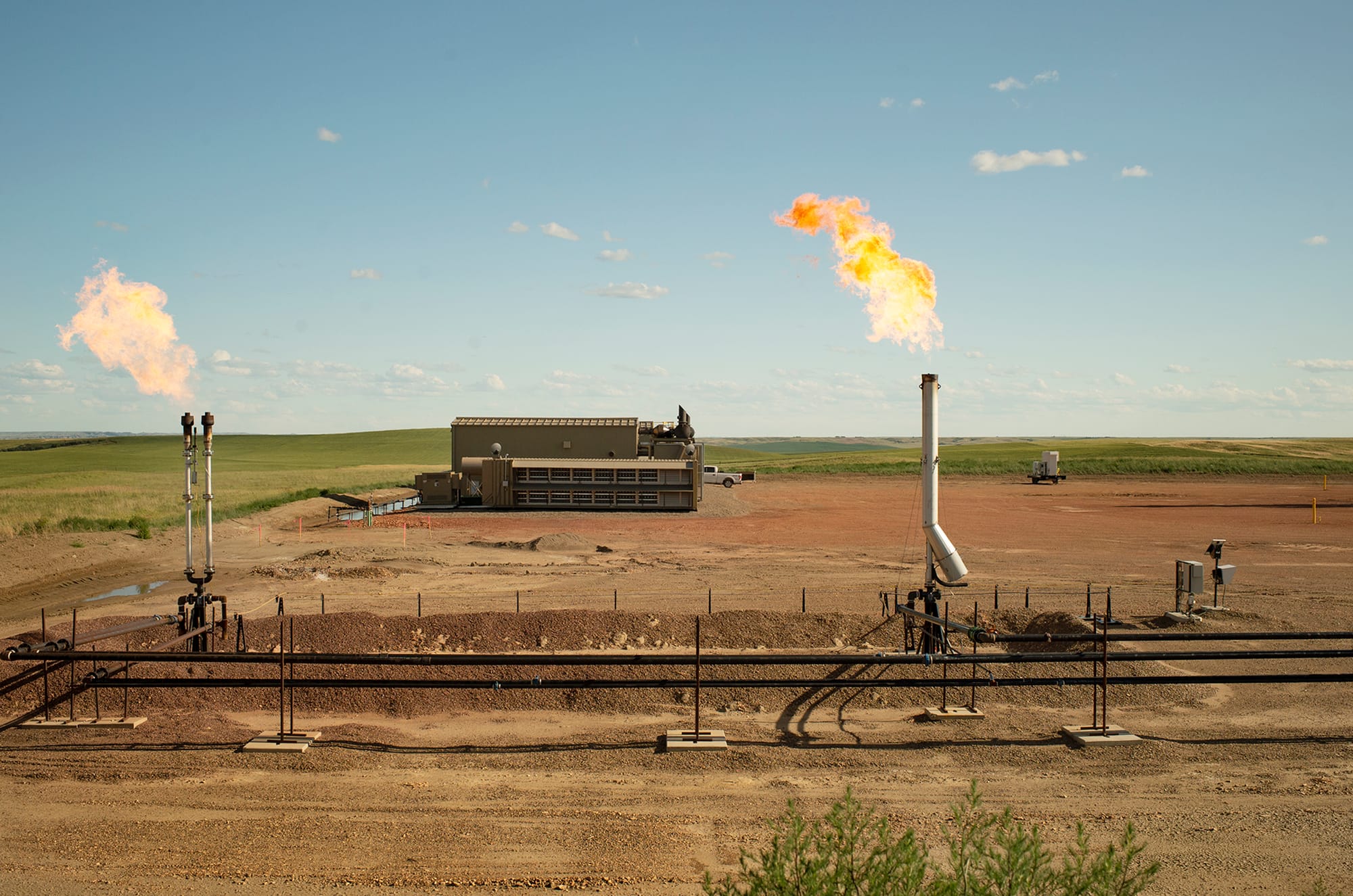Senator Ted Cruz Introduced FLARE Act to Transform Flared Gas into Bitcoin Mining Power

On April 1, 2025, Senator Ted Cruz introduced a new piece of legislation aimed at repurposing flared natural gas from oil drilling operations into a resource for mining Bitcoin and other digital assets.
Known as the Facilitating Lower Atmospheric Released Emissions Act, or FLARE Act, this bill seeks to tackle two pressing issues at once: cutting emissions from the oil and gas sector and fostering innovative energy solutions. Rather than letting excess gas burn off into the atmosphere, the proposal encourages companies to capture it and convert it into electricity for digital asset mining, offering tax incentives to make the shift economically viable.
The FLARE Act doesn’t roll out new subsidies but instead tweaks the existing tax code to support this transition. It introduces full expensing, a mechanism that lets companies deduct the cost of equipment and infrastructure right away, rather than spreading it out over years through depreciation. By classifying digital asset mining as a value-added activity, the legislation could reshape how the federal government views mining operations, aligning them with broader energy and environmental goals. The bill has already been sent to the Senate Finance Committee, where its future will be shaped by upcoming legislative steps.
Stay In The Loop and Never Miss Important Bitcoin and Crypto News
Sign up and be the first to know when we publishIndustry Leaders Rally Behind the Proposal
The response from the digital asset and energy sectors has been overwhelmingly positive. Matthew Sigel, head of digital assets research at VanEck, praised the move, noting that it positions Bitcoin mining as a practical way to reduce emissions while tapping into stranded energy sources.
For years, Bitcoin miners have been exploring ways to use flared gas, a byproduct of oil extraction that’s often burned off when it can’t be transported or stored. By setting up operations near oil fields, these companies can turn that wasted gas into power for their energy-intensive networks, a process that not only cuts emissions but also adds flexibility to energy grids, especially in rural areas.
MARA Holdings, a prominent Bitcoin mining firm, echoed this sentiment, applauding the FLARE Act for recognizing the industry’s potential to address environmental challenges. The company highlighted how full expensing could accelerate investments in infrastructure to capture and repurpose flared gas, reinforcing mining’s role in sustainable energy practices.
The legislation arrives at a time when the cryptocurrency industry is gaining clearer regulatory footing in the United States. By framing crypto mining as a legitimate industrial activity that transforms waste into productive energy, the FLARE Act adds momentum to this trend. Beyond environmental benefits, supporters argue it could enhance domestic energy production and improve resilience in energy-abundant regions.

